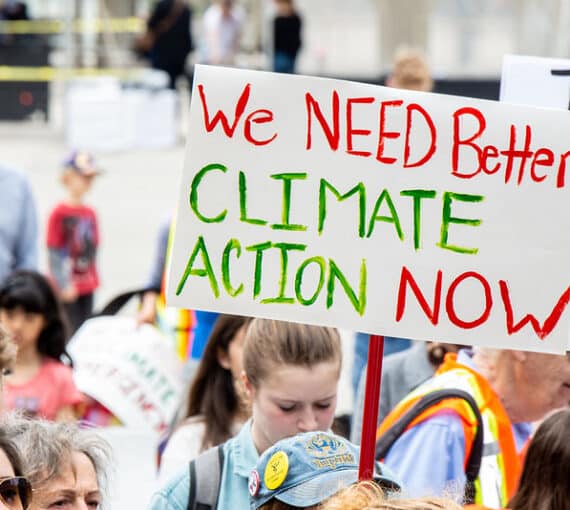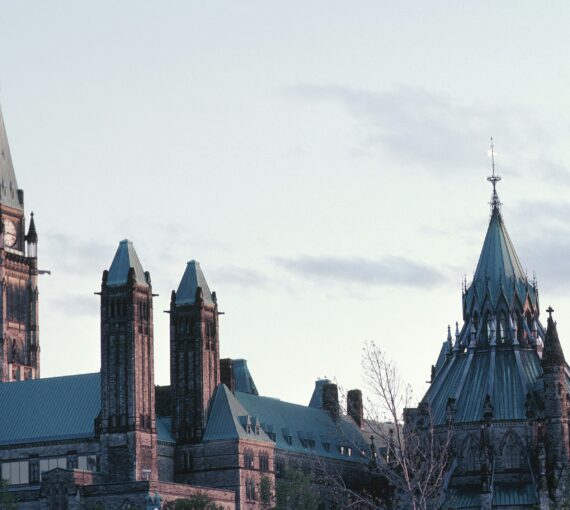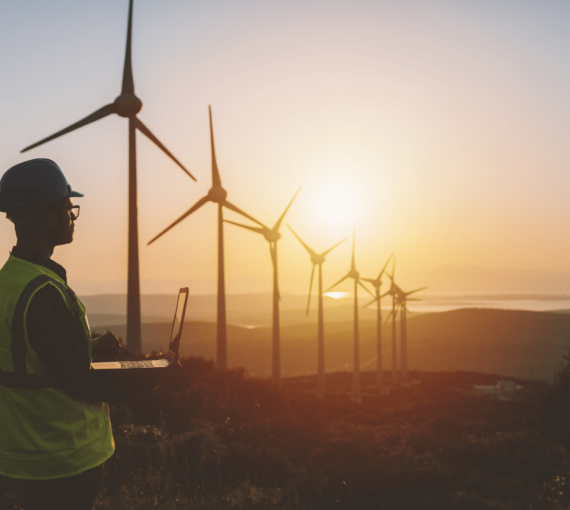
Hundreds of protestors were arrested during the Keystone XL pipeline civil disobedience action at the White House in 2014. (Photo: Joe Brusky via Flickr)
This summer, five climate activists in the U.K. were sentenced to four and five years in jail for taking part in nonviolent actions. Their sentences are considerably longer than those recently handed down to people convicted of participating in violent racism-fuelled riots in the U.K., which were on average two years, with some escaping jail altogether.
Although the sentences for climate activists are the longest ever for nonviolent protests in the U.K., they’re part of a worldwide trend of cracking down on people trying to save humanity from environmental havoc while supporting those causing the devastation.
British climate scientist Bill McGuire tweeted, “Once again, those fighting to save our world are locked up, while the real #climate criminals stay free and pop the champagne corks to celebrate their recent colossal profits.”
Protesting is a powerful tool.
Indigenous land defenders at Standing Rock in the U.S., Wet’suwet’en territory in Canada and San Miguel Ixtahuacán in Guatemala; anti-whaling activist Paul Watson; young people, including Greta Thunberg in Europe; even scientists and many more are being criminalized for trying to safeguard the very systems our health and lives depend on — often under the guise of protecting “critical infrastructure,” such as pipelines. I saw this firsthand when my grandson was arrested for protesting a pipeline.
Canada’s national police force, the RCMP, has even established a secretive “Community-Industry Response Group” to protect climate-altering industrial activity.
Meanwhile, the gas, oil and coal industries fuelling the climate crisis not only enjoy government protection, they also receive massive government subsidies, have power to alter and water down regulations through lobbying and are supported by governments, banks and some media, all while raking in record profits.
Why are so many people from all walks of life risking arrest and imprisonment? They can’t ignore the rapidly increasing wildfires, droughts, floods, heat waves, sea level rise, climate-related conflicts, biodiversity loss and migration crises. Global temperatures have hit record highs over the past 13 months, exceeding climate scientists’ predictions. As the Guardian reports, July saw “two consecutive days of heat in excess of anything in human records, and probably also anything in more than 120,000 years.”
But when laws are unjust or promote destructive or unfair policies and practices, they must be changed.
Protesting is a powerful tool. It helped end British rule in India, overturn apartheid in South Africa and bring about robust civil rights legislation in the United States. One study found that if just 3.5 per cent of the population gets involved, change is inevitable.
But those in power will invariably go to great lengths to maintain the status quo, even if it’s been definitively proven to be destructive. Resolving something as massive as the climate crisis requires systemic change, and that doesn’t appeal to unimaginative, short-sighted politicians or profit-driven corporate leaders. It can also make the general public uneasy. But unless we change our ways — especially our outdated economic systems and tools for measuring “progress” — we face an uncertain and calamitous future.
Laws and legal systems are important for societal stability. But when laws are unjust or promote destructive or unfair policies and practices, they must be changed. Slavery, apartheid and segregation were once legal in many countries. Not long ago, homosexuality was against the law in Canada and elsewhere and women and racialized minorities weren’t legally allowed to vote.
Sometimes protest, whether it’s marching in the streets, blockading harmful activities or boycotting destructive industries, is necessary to bring about change.
Because greenhouse gases such as carbon dioxide and methane remain in the atmosphere for a long time, the impacts will continue to worsen if we don’t stop polluting now.
When it comes to climate disruption — fuelled by burning gas, oil and coal and destroying forests and other green spaces — rapid change is needed. We’re already seeing the devastation of global heating. Because greenhouse gases such as carbon dioxide and methane remain in the atmosphere for a long time, the impacts will continue to worsen if we don’t stop polluting now.
“As climate change continues, every decade it gets warmer, the impact is larger and the consequences are greater. So in that sense, we are already in uncharted territory with respect to climate and with every decade we go more further out on a limb,” said Gavin Schmidt, director of NASA’s Goddard Institute for Space Studies in New York.
It’s insane that those standing up for people and the planet are being punished while those wreaking havoc and endangering all life are not only given a free ride, they’re being celebrated and supported.
Change is long overdue.



